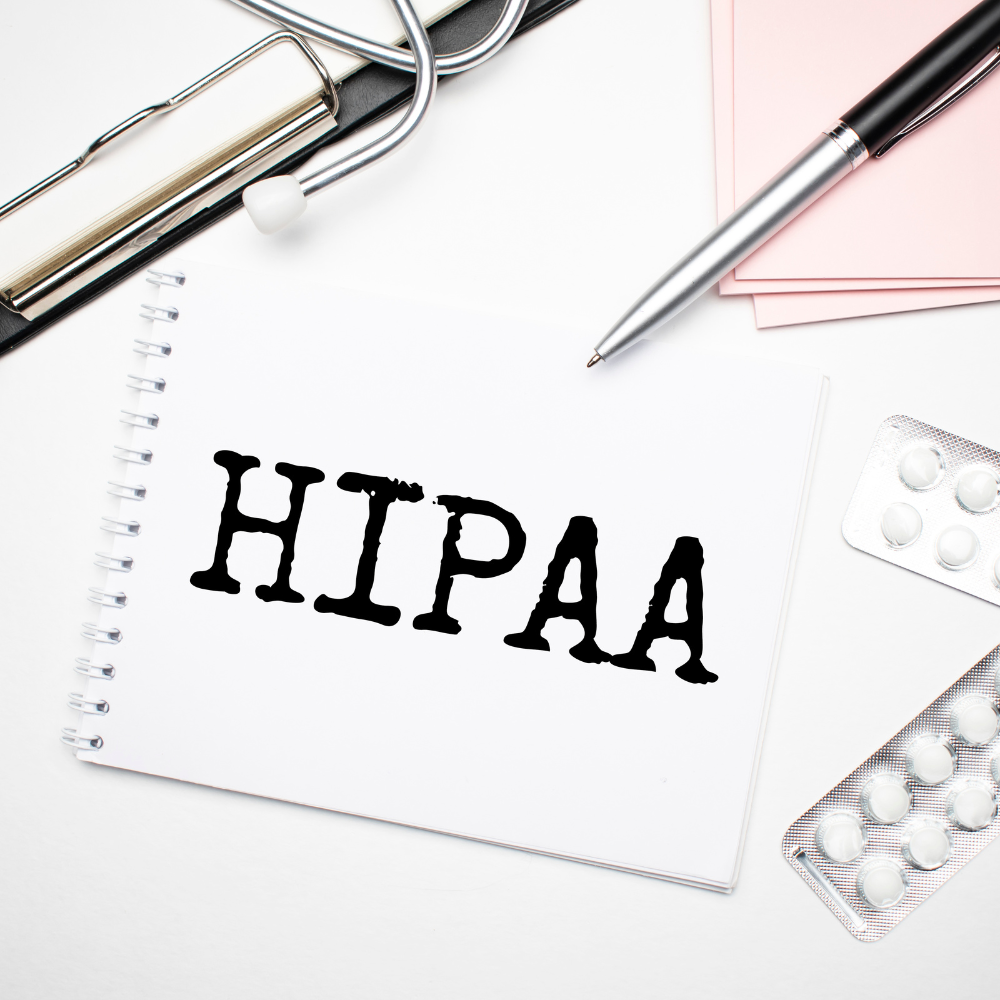Understanding Mandatory HIPAA Rules in Medical Billing

HIPAA, briefly known as the Health Insurance Portability and Accountability Act, is a set of guidelines that monitors and safeguards the confidentiality and security of protected health information. HIPAA closely focuses on healthcare institutions, providers, health plans, and others to ensure they accurately handle PHI and comply with HIPAA rules. Medical billing outsourcing companies take patient health information on behalf of covered entities and are considered business collaborators under HIPAA rules. Therefore, it is mandatory for outsourcing companies to ensure HIPAA compliance in all business operations.
HIPAA rules vital for medical billing
The protected health information accessed by a medical billing company is based on the specified roles and responsibilities given to the company and the agreements with the covered entity they are operating. Patient information can be accessed by companies needed for billing care, such as:
- Patient demographic details: Name, address, contact details, date of birth, and insurance information.
- Medical codes: Diagnosis codes (ICD-10) and procedure codes (CPT codes) are used for billing.
- Treatment information: Related medical records and documentation suitable per the services provided.
- Insurance claims information: Details of insurance coverage, Submitted claims, and payment information.
Here are some critical HIPAA rules that are important for medical billing
- Electronic medical transaction- HIPAA closely monitors and regulates electronic medical transactions. It is mandatory that all entities covered by its provisions, including providers and billers, should electronically submit claims using the approved format as per Title II of HIPAA.
- Privacy- HIPAA also highlights the guideline that outlines that the confidentiality of protected health information has to be maintained and cannot be disclosed without the patient's authorization. Medical billing companies should carefully access and use the PHI.
- Security- HIPAA’s security rule outlines the implications of physical security, technical security, and administrative safety. Physical security rules mandate office and working space safety, while technical security rules protect cyber security and cloud data. Administrative security rules mandate assurance of trained and expert staff working.
- Business Associate Agreement- To smoothly establish HIPAA-compliant terms, the covered entities must agree on a business associate agreement. BAA outlines sketches needed for protecting PHI and HIPAA compliance.
- Minimum necessary rule- This rule outlines that PHI should be accessed in the minimum amount required for billing tasks.
- Patient Rights- Patients' rights under HIPAA include the right to access their medical documents and request alterations. Medical billing companies should ensure that patient rights are taken care of and that requests or amendments are handled appropriately.
- Breach notification rule- When a break of unsecured PHI occurs, billing companies sometimes have to notify affected parties, authorities, and media. This rule shows that affected parties were informed and advised on time in case of unauthorized tampering.
- Training- Employees of the companies should be adequately trained about HIPAA regulations, security practices, and privacy. Comprehensive policies and processes result in consistent adherence to HIPAA rules.
- Penalties- Non-adherence to HIPAA rules and compliance will result in heavy penalties, from legal actions to monetary fines. Therefore, it becomes significant for medical billing companies to stick to their responsibilities under HIPAA to avoid any rule breaches and penalties.






